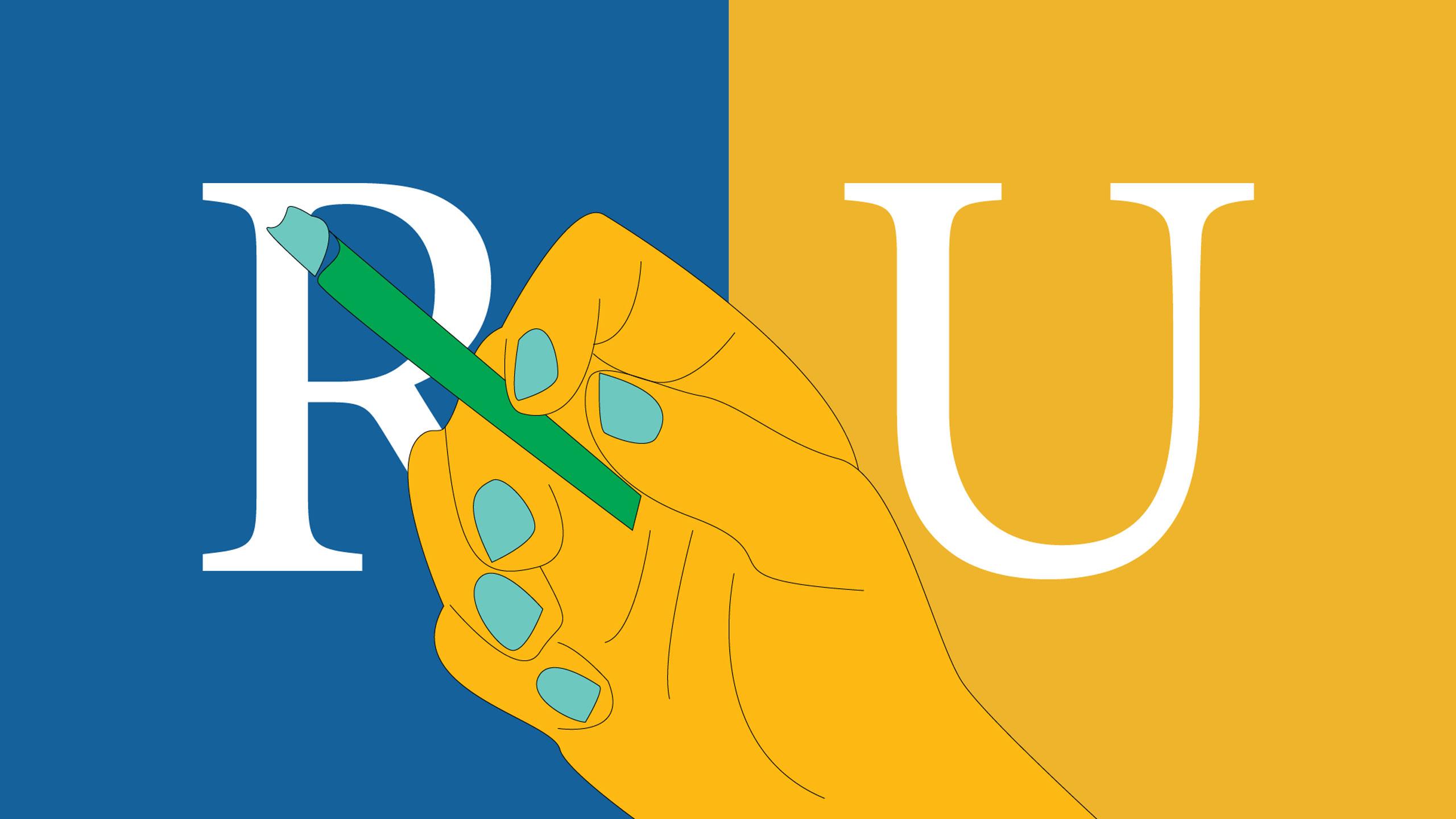By Sylvia Lorico
This year’s ending and it’s been fun, but what should we look forward to in the upcoming year? Will one of us win the lottery? Will we finally invent self-driving cars that don’t crash?
Sadly, I can’t answer these questions. However, I can tell you what will be happening in the biz and tech world here at Ryerson. Here’s a quick look-ahead on what Ryerson students should expect for next year.
Cannabis legalization
Recreational cannabis is expected to be legalized by July, but the university’s pot policies are still up in the air. In an Eyeopener article in early March, Ryerson confirmed that it has formed “an internal working group” to examine its policies and health promotion programming surrounding pot use. However, specifics regarding where students will be able to smoke and other restrictions are still unknown. RSU President Susanne Nyaga said that she was confident Ryerson students would smoke responsibly but students also expressed interest in pot education.
More zones
Ryerson will continue with its expansion Zone programs across the world. Ryerson Futures is partnering with VinaCapital and independent investors Tin Nguyen and Cong Phan to launch a new startup accelerator program in Vietnam. More details about the program are expected to be announced further in Spring 2018. In addition, 110 Bond St. will be home to many of the FCAD Zones in the Spring, including the Transmedia Zone, the Design Fabrication Zone and the Fashion Zone. Finally, Ryerson is still awaiting approval for an innovation and research hub in Niagara Falls, with the university making a second bid for the hub in October 2017.
The 2018 provincial budget
Finance minister Charles Sousa unveiled the provincial government’s budget at Queen’s Park in late March and there are a lot of new plans that will affect post-secondary students:
1) Tuition billing:
Students will only be billed after OSAP grants, loans and other potential aid have been subtracted from the total fees.
2) Open textbooks:
The government expressed its support for the open textbook program through the $1 million Ontario Open Textbooks Library.
3) Education:
The government plans to provide more than $3 billion in capital grants to post-secondary institutions over the next 10 years.
4) Institution expansion:
It also plans to implement post-secondary institution expansion projects to keep up with the province’s population growth in urban areas. The project includes new university-led post-secondary sites in Markham, Brampton and Milton.
5) OSAP repayment:
New to the program, this means that single students will not have to start repaying the Ontario portion of their student loans until they are earning a minimum of $35,000 a year.
6) More OSAP:
The government plans to increase OSAP grants for students from low-income families (those who make less than $90,000 a year) and for Indigenous students.
7) Cheaper transit in the GTA:
All GO Transit trips within Toronto will cost Presto card users $3 per trip. Users at stations such as Pickering, Ajax and Markham will see fare reductions when taking GO Transit to and from Union Station. All GO Transit trips under 10 kilometres will cost Presto card users $3 per trip anywhere on the transit system.
Minimum wage hike
Yes folks, get ready for another potential minimum wage hike in 2019. If Kathleen Wynne or Andrea Horwath are elected in June, the provincial government will increase the minimum wage by another dollar to $15 an hour by January 2019. However, if Doug Ford is elected, the minimum wage will probably stay at $14.
Brampton Campus
As of February 2018, the provincial government is on its way to finalizing details for the Ryerson campus expansion planned for Brampton. As preparations take place, the university is juggling potential program ideas including cybersecurity and project-based courses.










Leave a Reply